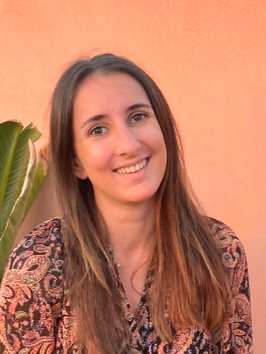
Andrea Gaggioli obtained a M.Sc. in General and Experimental Psychology from the University of Bologna, in 1999. After initial industrial research experience at the Fraunhofer Institute in Stuttgart, he received his PhD in Psychobiology from the Faculty of Medicine, University of Milan, in 2005. He currently holds the position of Full Professor of General Psychology at the Faculty of Arts and Humanities of Università Cattolica del Sacro Cuore. He is the Director of the International Master's Degree Program in User Experience Psychology.
His research activity is framed in the scientific-disciplinary field of General Psychology, with two main lines of investigation: (i) the psychology of experience and its applications in the analysis and design of digital systems and applications (User Experience, UX); (ii) the study of individual and group creativity. He is a member of the Quality Assurance Board of the Catholic University of the Sacred Heart and of the steering committee of the Doctoral School in Psychology.













